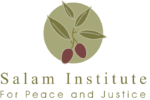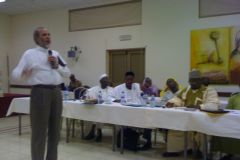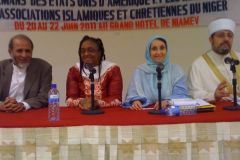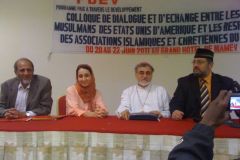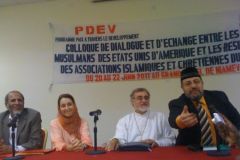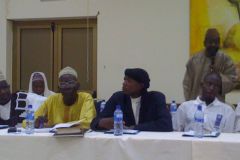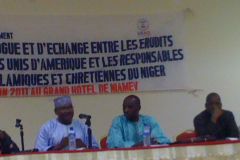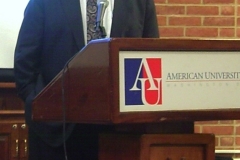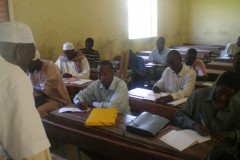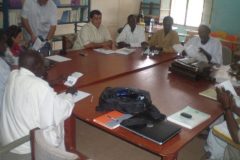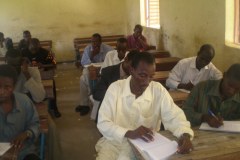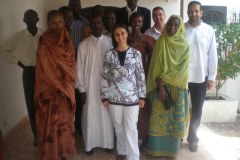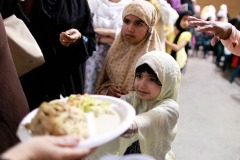What We Do
Salam Institute for Peace and Justice aims to assist in resolving conflicts and advancing sustainable developments around the world. The Salam Institute’s peacebuilding programs are spread over various levels: interpersonal, small groups, organizations and communities. The Salam Institute has six major areas of operation:
- Research and Evaluation: Advance research and knowledge, and implement evaluation on themes such as democracy, nonviolence, pluralism, human rights, and peacebuilding as they relate to Islamic religion and societies.
- Peacebuilding Intervention and Training: Design and conduct training modules and intervention processes for government and non-governmental organizations, as well as, various communities and grassroots groups. Salam Institute utilizes an expansive group of trainers and practitioners with enormous experience and expertise in various areas of the world, such as Sri Lanka, the Philippines, Egypt, and Palestine.
- Inter-Religious and Intra-Religious Dialogue: Develop and participate in forums to promote interfaith dialogue and actions between Muslim and non-Muslim communities. Organize and facilitate meetings to promote internal dialogue among Muslims on themes of community, nonviolence, democracy, and peacebuilding.
- Development and Relief: Conduct training and interventions to assist in the implementation of sustainable development and relief programs (refugees and IDPs, health, education, and post-conflict reconstruction activities) in conflict-affected areas. Assist in coordinating emergency, humanitarian, and development efforts among and between Muslim NGOs, building partnerships and networks on the ground to better facilitate relief operations in shorter periods of time, and coordinate efforts with minimal duplication and overlap.
- Resources and Publications: Develop and distribute educational resources and guides on Islamic dialogue, leadership, human rights, and sources of peace and conflict resolution. Create an Islamic Peacebuilding Database to provide networking opportunities, in addition to, community support and cumulative knowledge creation in the field.
- Education and Curricular Development: Continue ongoing work of identifying and evaluating the condition and development of madrassahs in the Islamic world, including examination of curriculum and the socio-political conditions influencing madrassah operations. The Salam Institute is also actively engaged in promoting curricula that support nonviolent and conflict resolution skills as found in Islamic history and tradition.
